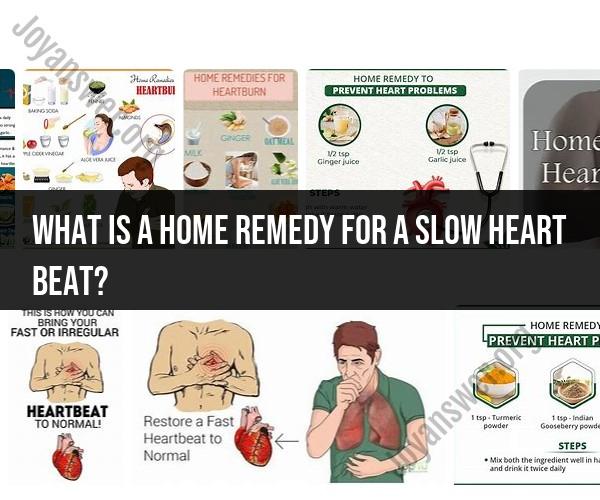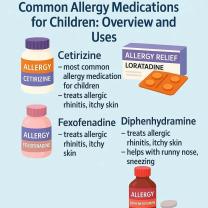What is a home remedy for a slow heart beat?
A slow heartbeat, or bradycardia, can sometimes be managed with natural approaches, but it's important to consult with a healthcare professional to determine the cause and appropriate treatment. Here are some home remedies and lifestyle changes that may help in managing a slow heartbeat:
Stay Hydrated: Dehydration can contribute to bradycardia. Make sure you're drinking an adequate amount of water each day to maintain proper hydration.
Increase Physical Activity: Regular exercise can improve heart health and help increase your heart rate. Consult your healthcare provider before starting a new exercise routine, especially if you have any underlying medical conditions.
Reduce Stress: High stress levels can affect heart rate. Practice relaxation techniques such as deep breathing, meditation, or yoga to reduce stress and anxiety.
Avoid Excessive Caffeine: While caffeine can temporarily increase heart rate, excessive consumption can lead to irregular heart rhythms. Limit your caffeine intake, especially if you're sensitive to its effects.
Ensure Adequate Nutrition: A balanced diet with essential nutrients like potassium and magnesium is important for heart health. Foods rich in these minerals include bananas, leafy greens, nuts, and seeds.
Limit Alcohol: Excessive alcohol consumption can slow down the heart rate. Moderation is key if you choose to consume alcohol.
Maintain a Healthy Weight: Obesity can contribute to heart problems, including bradycardia. Aim to achieve and maintain a healthy weight through diet and exercise.
Stop Smoking: Smoking can have a negative impact on heart health. Quitting smoking is one of the best things you can do for your heart.
Warm Up Before Exercise: If you engage in strenuous physical activity, warm up properly to prepare your heart for exercise.
Stay Informed: If you have an underlying medical condition that contributes to bradycardia, work closely with your healthcare provider to manage and treat the condition as directed.
It's important to emphasize that these home remedies are not a substitute for medical evaluation and treatment. If you experience symptoms of bradycardia, such as dizziness, fainting, or chest pain, or if you have concerns about your heart rate, consult a healthcare professional for a proper diagnosis and treatment plan. In some cases, medical interventions like pacemaker implantation may be necessary to manage bradycardia effectively.












